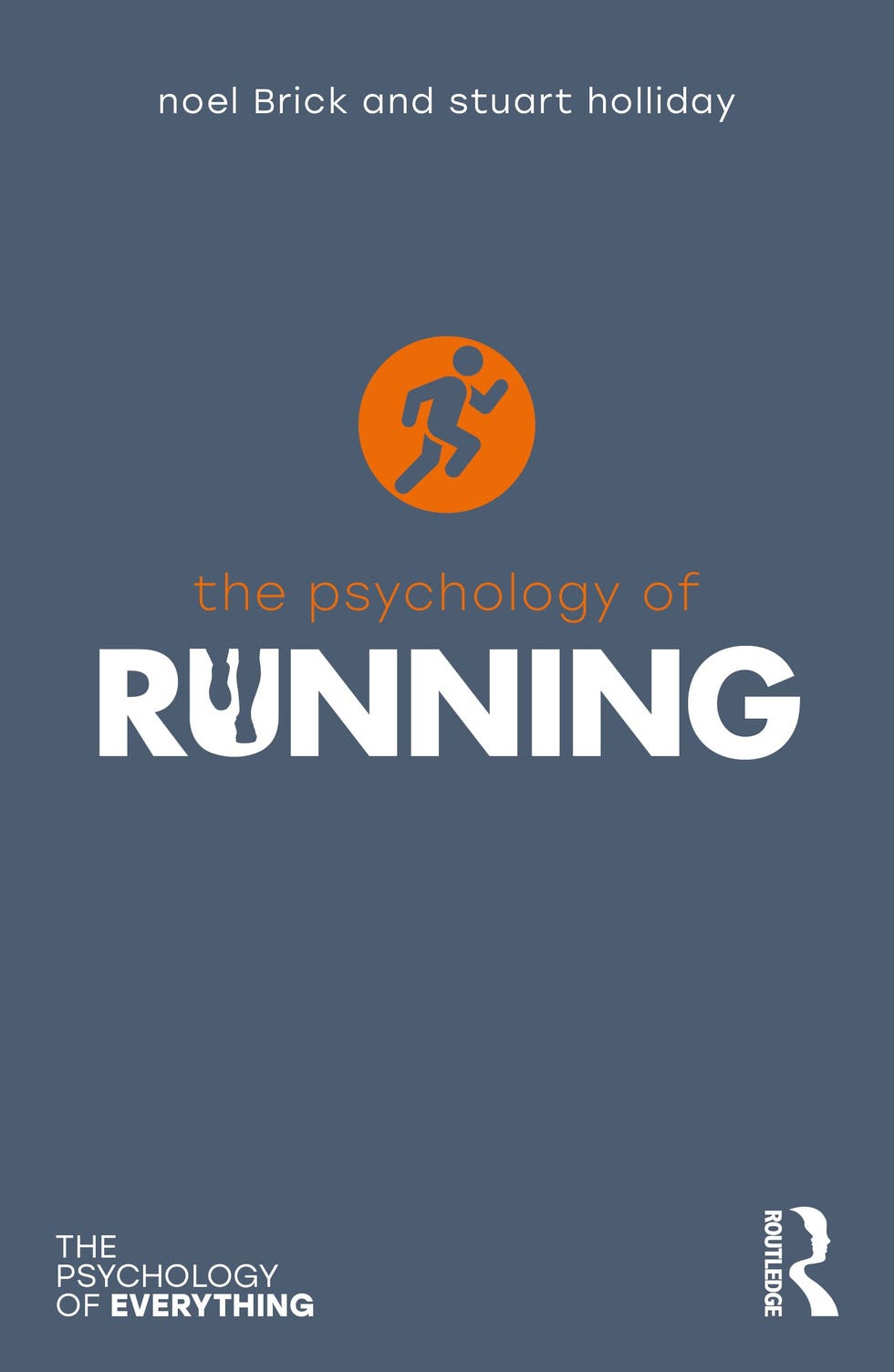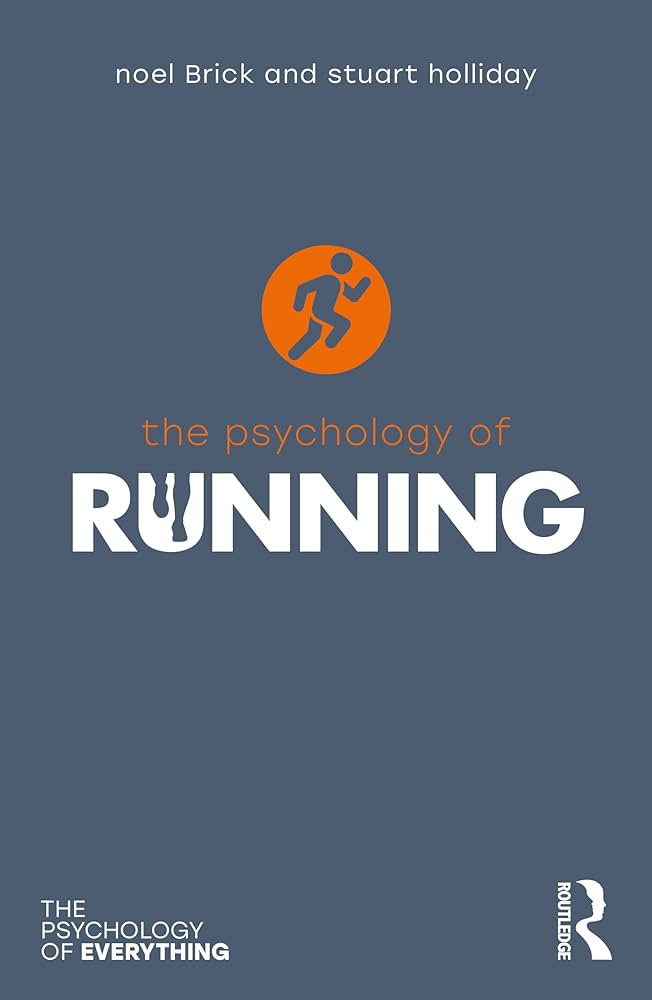Pyschology Of Running
The psychology of running explores the mental aspects of the sport and its impact on performance. Understanding the psychological factors involved can enhance athletic achievement through improved focus and motivation.
Running requires mental resilience and discipline to push through physical challenges and reach peak performance levels. Emotions, thoughts, and individual mental strategies all play a role in a runner’s success. By examining the psychology of running, athletes can develop mental skills to optimize their training and performance outcomes.
This deeper understanding can lead to increased confidence, better stress management, and overall improved well-being both on and off the track. By recognizing the psychological components at play, runners can harness their mental strength to achieve their goals and overcome obstacles effectively.
1. Mental Benefits Of Running
Running not only has physical benefits, but it also significantly impacts mental well-being. The psychological effects of running can lead to improved mental health, reduced stress, and a more positive outlook on life.
1.1 Stress Reduction
Running is a powerful stress reducer. When engaged in this physical activity, the body releases endorphins, which are natural mood lifters. These chemicals help combat stress and create a sense of euphoria, effectively reducing the negative impact of stress on the mind.
1.2 Improved Mood
Engaging in regular running can significantly improve one’s mood. It has been proven that running stimulates the production of neurotransmitters such as serotonin and dopamine, leading to an enhanced sense of well-being and a more positive outlook on life.

Credit: www.psychologytoday.com
2. Psychological Factors Affecting Running Performance
In the realm of running performance, understanding the psychological factors at play is crucial to achieving success and maintaining consistency. These factors delve into the deeper aspects of the runner’s mindset and motivation, shaping how they approach their training and races.
Motivation
Motivation is the driving force that propels runners forward, pushing them to lace up their shoes and hit the pavement. Whether fueled by personal goals, competition, or the desire for improvement, motivation plays a pivotal role in sustaining a runner’s journey.
Mindset
Mindset significantly influences how runners perceive challenges and setbacks along their running journey. A positive mindset can empower runners to face obstacles with resilience and determination, while a negative mindset can hinder progress and lead to self-doubt.
3. The Role Of Endorphins In The Psychology Of Running
Endorphins are naturally-occurring chemicals in the body released during physical activities like running.
- Endorphins help reduce stress and anxiety levels.
- They promote a sense of well-being and happiness.
- Endorphins can act as natural painkillers in the body.

Credit: www.routledge.com
4. Running As A Tool For Mental Health
Running is not only beneficial for physical health but also plays a crucial role in supporting mental well-being. The psychology of running is captivating as it involves understanding the profound impact it has on mental health. In this section, we will delve into the relationship between running and mental health, exploring how running serves as a valuable tool for improving psychological well-being.
4.1 Running And Anxiety
Running has been found to be highly effective in reducing anxiety. The act of running stimulates the release of endorphins, which are neurotransmitters associated with feelings of happiness and relaxation. Additionally, the rhythmic and repetitive motion of running can help calm the mind and alleviate symptoms of anxiety. Running serves as a natural antidote to anxiety, providing a sense of control and empowerment.
4.2 Running As Therapy
Running can be likened to a form of therapy for many individuals. Engaging in regular running activities can help individuals process their emotions, manage stress, and cope with challenging situations. The meditative aspect of running allows individuals to gain mental clarity and improve their overall sense of well-being. It provides a valuable opportunity for individuals to reflect, contemplate, and gain perspective, leading to positive shifts in their mental state.
5. The Psychology Of Training And Goal Setting
When it comes to running, the physical aspect is just one piece of the puzzle. The mental side of training and goal setting plays a crucial role in determining success. By understanding the psychology behind it, runners can optimize their performance and achieve their desired outcomes. In this section, we will explore two key aspects of the psychology of running: goal setting techniques and self-efficacy.
5.1 Goal Setting Techniques
Effective goal setting is essential for athletes to stay motivated and focused. By establishing clear objectives, runners can track their progress and maintain a sense of purpose throughout their training. Here are some goal setting techniques to enhance performance:
- Create S.M.A.R.T goals: Specific, Measurable, Achievable, Relevant, and Time-bound goals provide a clear direction and enable athletes to track their progress effectively.
- Break it down: Dividing long-term goals into smaller, manageable milestones makes them less overwhelming and increases the likelihood of success.
- Visualize success: Using mental imagery to imagine achieving the desired outcome can strengthen motivation and help athletes visualize their path to success.
- Write it down: Putting goals into writing enhances commitment and increases accountability, making it more likely for athletes to follow through with their plans.
- Adapt and adjust: Remain flexible with goals and be willing to modify them as circumstances change. Adjusting goals based on progress and feedback allows for continued growth and adaptation.
5.2 Self-efficacy And Performance
Self-efficacy refers to an individual’s belief in their own abilities to perform specific tasks and overcome challenges. In running, self-efficacy plays a significant role in predicting performance outcomes. When runners possess high self-efficacy, they are more likely to set challenging goals, persist in the face of setbacks, and ultimately achieve their desired results.
Developing self-efficacy in running involves:
- Setting achievable goals: Start with small, attainable goals to build confidence and gradually increase the difficulty as progress is made.
- Gathering positive experiences: Focus on previous accomplishments and positive experiences in running to reinforce self-belief and increase self-efficacy.
- Seeking support: Surrounding oneself with a supportive network of coaches and teammates can provide encouragement, guidance, and reinforcement of self-efficacy beliefs.
- Visualization and mental rehearsal: Engaging in mental imagery and rehearsal of successful running performances can enhance self-efficacy and boost confidence.
- Celebrating milestones: Recognize and celebrate achievements along the way, reinforcing self-belief and bolstering self-efficacy.

Credit: www.runnersworld.com
Frequently Asked Questions On Pyschology Of Running
How Does Running Benefit Mental Health?
Running helps improve mental health by reducing stress and anxiety levels, boosting endorphin production, and promoting a sense of accomplishment and confidence.
Can Running Impact Cognitive Abilities?
Yes, running can positively impact cognitive abilities by increasing blood flow and oxygen to the brain, enhancing memory, and improving focus and decision-making skills.
What Are The Psychological Benefits Of Long-distance Running?
Long-distance running can provide psychological benefits such as increased resilience, improved self-esteem, enhanced mood, reduced symptoms of depression, and an overall sense of well-being.
Conclusion
Understanding the psychology of running can enhance your athletic performance and mental well-being. By tapping into the motivational factors and mental strategies, runners can improve their overall experience and push through challenges. The connection between the mind and running is undeniable, and harnessing this relationship can lead to fulfilling and successful training sessions.







